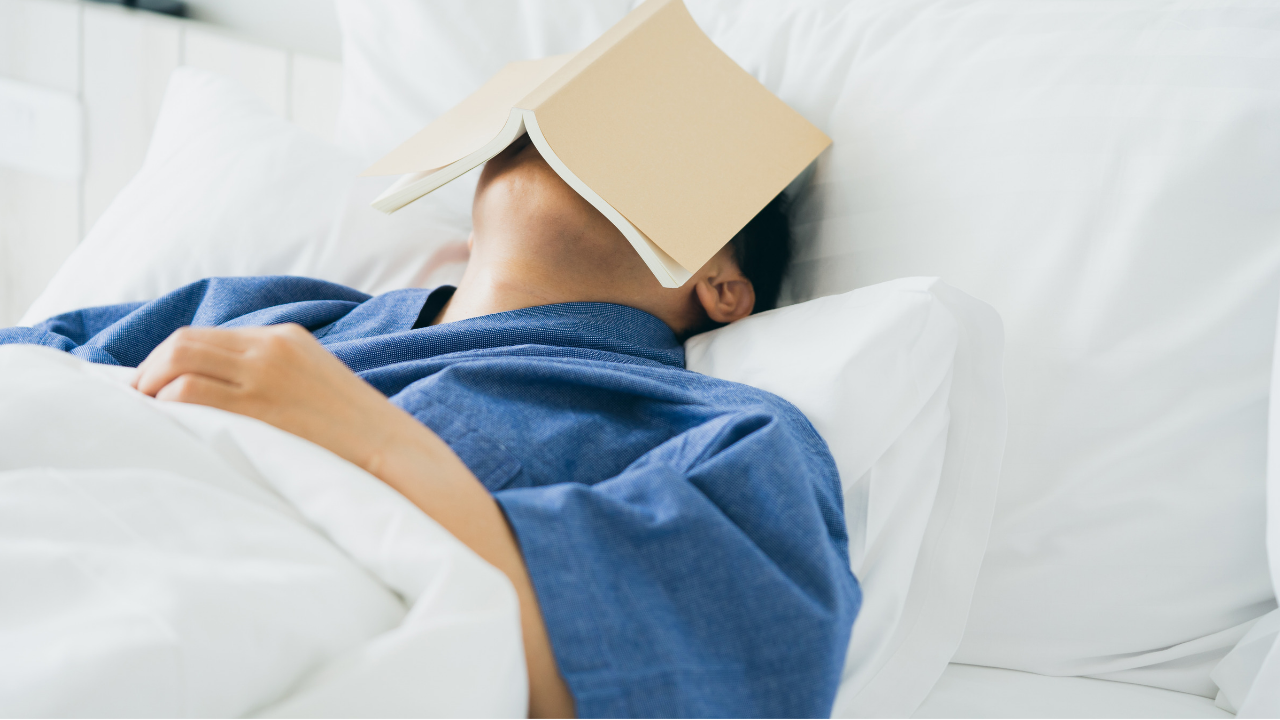Managing Anxiety Related To Sleep

Do you have trouble Managing Sleep Anxiety? If so, this podcast episode of Your Anxiety Toolkit is for you!
Experiencing significant anxiety around the time they go to bed and while they are asleep is a common theme among my clients. They may report rumination and racing thoughts while they are trying to fall asleep, difficulty falling asleep and/or staying asleep, or waking up in a panic.
In this episode, we are talking specifically about managing sleep anxiety and not about the medical components of sleep disturbances (ex. sleep apnea, narcolepsy, etc.).
Don’t miss this podcast episode!
You can listen to the episode for FREE on iTunes HERE
You can listen to the episode for FREE on Stitcher HERE
You can listen to the episode for FREE streaming HERE
According to the National Institutes of Health, over 40 million Americans suffer from a sleep disorder. Furthermore, 50% of people with Generalized Anxiety Disorder (GAD) have a sleep disorder. I was shocked when I looked at these statistics and realized that I need to address this issue more frequently.
As many of you would agree with, anxiety and stress may increase issues surrounding sleep or make existing problems even worse. A lot of people will report that their quality of sleep goes down greatly when they are experiencing a difficult time in their life.
This leaves us with a tricky question: which one comes first? The Sleep Disorder or the Anxiety Disorder? Did the Sleep Disorder cause you to have anxiety about sleep or was the Anxiety the thing that caused you to have the sleep disorder? If you are trying to figure this out, talk to your general doctor or therapist to distinguish which came first and access tools to help you.
If you are having difficulty sleeping, it is important to look at your sleep hygiene. Sleep hygiene is the cleanliness of your sleep routine. Is your sleep routine healthy and manageable? Does it help you ease into the sleep you have?
Good sleep hygiene includes reducing screen time before bed, decreasing caffeine for the latter half of the day, getting some exercise, not napping or sleeping throughout the day, looking at who you talk to or what you watch before you go to bed, finding activities that bring you into a calmer state.
If you are struggling in this area, please talk to your doctor or see a sleep specialist who can help you find a routine that works for you.
The second part of this is about “turning off” your brain. So often, when we are winding down for bed, our thoughts become the loudest. These thoughts have our full attention while we are lying in bed. This is where mindfulness comes into play: allowing the presence of thoughts without engaging in the content of thoughts. Our job is to acknowledge these thoughts, allow them, and then try to be a non-judgmental observer of them.
I’m hoping that this podcast episode is helpful for you while you manage sleep anxiety. It is a beautiful day to do hard things!
Before we go, I’d like to remind you about the upcoming IOCDF Annual Conference.
International OCD Foundation Annual Conference
What: Since 1993, the Annual OCD Conference has been the only national meeting focused solely on obsessive compulsive disorder (OCD) and related disorders. The unique event allows people with OCD and their loved ones to learn about the latest OCD treatment and information alongside the mental health professionals who care for them. The Conference features more than 100 presentations, workshops, and seminars as well as nearly two-dozen support groups and various evening events. Presenters include some of the most experienced and knowledgeable clinicians and researchers in the field, as well as people with OCD and family members sharing their stories about life with OCD.
When: July 19-21
Where: JW Marriott Austin, Austin TX
Click HERE for more information and to buy tickets.
About Kimberley Quinlan
Kimberley Quinlan is a Licensed Marriage and Family Therapist who specializes in Anxiety, Obsessive Compulsive Disorder (OCD), Eating Disorders, Panic Disorder and Body Focused Repetitive Behaviors (BFRB’s). Kimberley is highly trained in Cognitive-Behavioral Therapy (CBT), with a heavy emphasis on Exposure Response Prevention (ERP), and has been practicing meditation and mindfulness for many years. Kimberley has a special interest in the integration of mindfulness principles with CBT for OCD, Anxiety Disorders, and Eating Disorders. Kimberley has experience treating adults, adolescents, and children, and tailors each program to suit the age and cognitive development of each client. Kimberley has a private practice in Calabasas and Westlake Village.
For more information, you can find Kimberley at the following:
Website: https://kimberleyquinlan-lmft.com
Instagram: https://www.instagram.com/kimberleyquinlan
Facebook: https://www.facebook.com/KimberleyQuinlanCBTschool/


